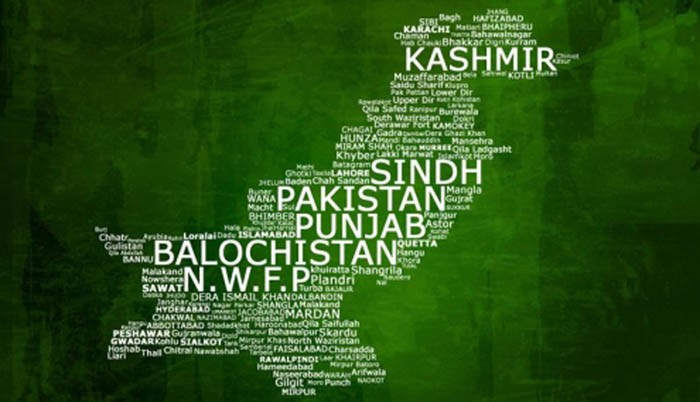
People are generally encouraged to be proud, so much so that they can even be proud of their taking pride in their religion or country

Whenever I read a post or a comment in the social media where someone is feeling proud to be a Pakistani or a Muslim or a Punjabi or a Lahori, I wish the elated person knew what proud -- defined in dictionary as "feeling deep pleasure or satisfaction as a result of one’s achievements, qualities or possessions" -- means.
Similarly, not infrequently, I read a post or a comment where someone is feeling ashamed to be a Pakistani or a Muslim because of the acts of a rapist or the Taliban. Again, I wish that lugubrious bloke knew what ashamed -- defined as "embarrassed or guilty because of one’s actions, characteristics or associations" -- means.
A diehard cynic, I am quick to pounce on any opportunity afforded by the ‘proud’ and ‘ashamed’ gentlemen or gentlewomen, trying to inform them along the way that they can only be proud of the things they have achieved as a result of their efforts and can be ashamed of those for which they are responsible.
Not to single out Pakistanis, people of almost all nationalities (barring perhaps the Germans who have an inglorious past) are obsessed with feeling proud of their country, though they may not have contributed to it in any way.
"I could never understand ethnic or national pride because, to me, pride should be reserved for something you achieve or attain on your own, not something that happens by accident of birth. Being Irish isn’t a skill, it’s a genetic accident," comedian George Carlin aptly puts it.
Despite the religious and philosophical consensus in favour of humility, feeling proud of your country is still considered to be an honourable trait. People are generally encouraged to be proud, so much so that they can even be proud of their taking pride in their religion or country.
The list of things one could be proud of is seemingly endless, starting from religion and country down to one’s caste, city and even a locality or neighbourhood within a city.
The display of national pride particularly hits the roof during sports events like the recent Cricket World Cup. The space for a sane discussion shrinks as jingoism, manifest in everything from television talk shows to advertisements, replaces pride.
National pride thrives on an imagined superiority complex, combined with an amazing ability to ignore ground realities and gloss over facts. This superiority complex, for example, does not allow us to gracefully acknowledge defeat against India in something as inconsequential as a cricket match or accept that we have ever been defeated in a war.
Whenever our superiority complex is threatened in the face of defeat -- be it in a cricket match or a war -- or faced with a harsh reality check, ‘conspiracy theories’ come to our rescue. These theories (if I could call them that!) blend fiction with fact in a colourful manner that not only restores our national pride but also further augments it, though at the cost of sanity.
We would blame our defeat on anything under the sun -- from Indian influence in the ICC, biased umpiring, match fixing and Saeed Ajmal’s forced exclusion to internal politics, wrong selection, injuries and (funniest of them all) Narendra Modi’s phone call to Nawaz Sharif -- so as not to concede that the Indian cricket team is better than ours or even that it played better cricket on the day. This would imply, in a major setback to our national pride and a glaring affront to our overweening vanity, that the Indians are better than us in some respect.
Finally, I am glad to be a Pakistani, happy to be born here, but not proud. Had my parents belonged to Malaysia, I would have been proud to be a Malaysian!